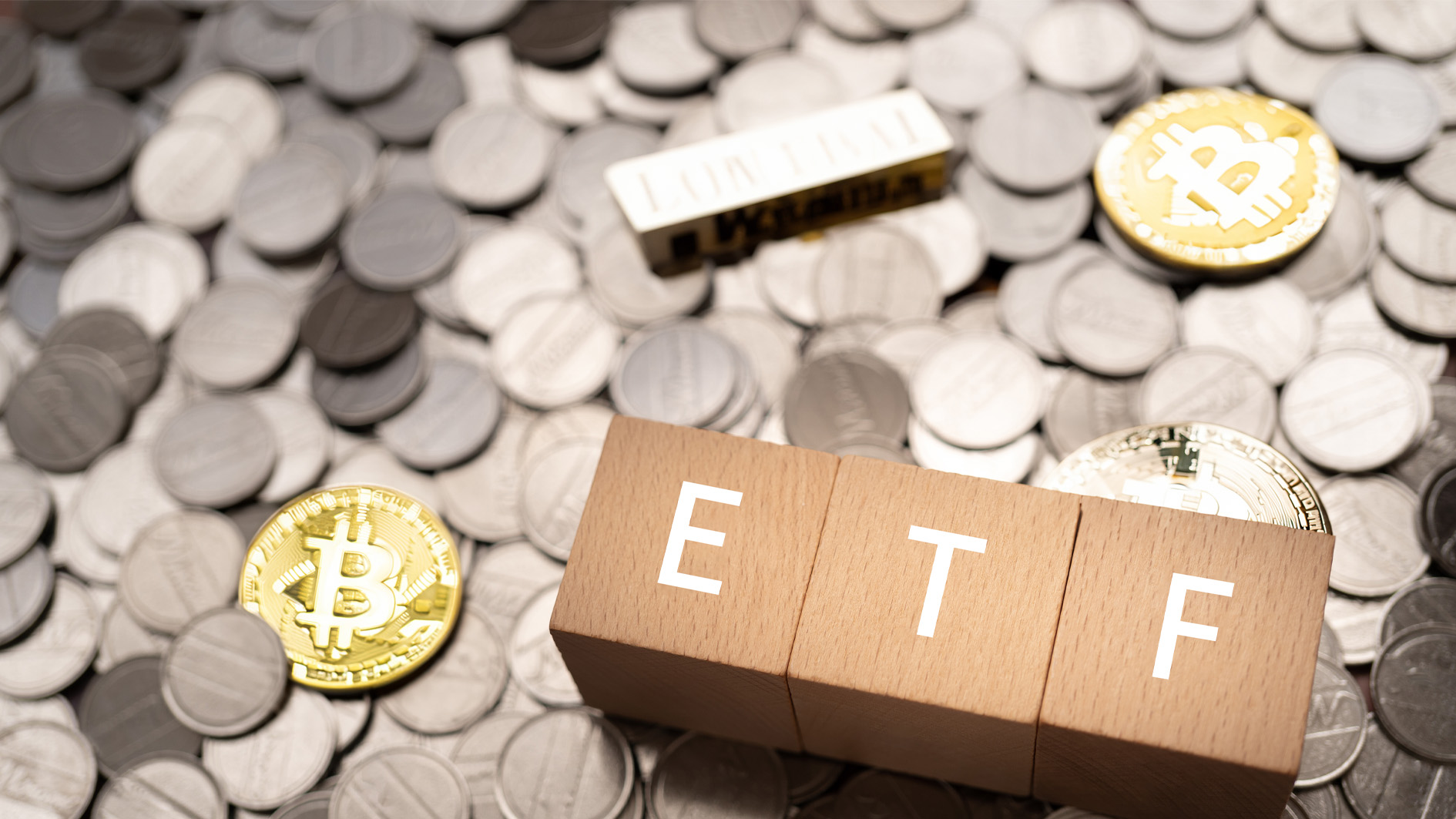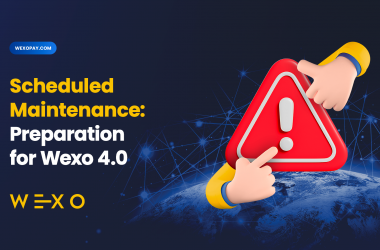XRP prevails in lawsuit against SEC and sets a positive precedent for cryptocurrencies in the US
BITCOIN (BTC) BULLISH TREND FIAT / FIAT MONEY18-Jul-2023

TOP posts
13. July XRP, a token developed by Ripple Labs, has achieved an important success in the US federal court system. In the "Southern District of New York", Judge Analisa Torres ruled partially in favour of Ripple Labs in a case initiated by the Securities and Exchange Commission (SEC) back in 2020. According to documents filed that day, Judge Torres granted so-called summary judgment in favor of Ripple Labs, and determined that the XRP token is not a security, but only in the case of programmatic sales on digital currency exchanges.
The case has caused a significant stir in the cryptocurrency community. In fact, the SEC sought to force Ripple to stop offering the XRP token on the premise that XRP is a security and thus requires additional regulation. The consequences of this decision were immediate. Within minutes of the news of the outcome of the lawsuit, the price of XRP jumped from $0.45 to $0.93. This jump represents a more than 100% increase since the news was published.
Moreover, the court's decision may have a significant impact on the future of cryptocurrencies in the US. In the opinion of Stu Alderota, Ripple Labs' general counsel, US banks could use XRP for cross-border transactions. He made this pronouncement less than 24 hours after the verdict was announced, according to which the XRP token is not necessarily a security. The ruling is expected to spark discussions and open the way for new business relationships between financial institutions and Ripple Labs. It also sets a positive precedent for other cryptocurrency projects in the US that could face similar allegations. XRP's victory over the lawsuit may thus represent a significant milestone in the fight for cryptocurrency regulation in the US.
AI has the potential to set Bitcoin's price up to $1 million

According to Arthur Hayes, former CEO of BitMEX, significant advancements in artificial intelligence (AI) and Bitcoin will take place in the coming years. In his latest study, titled "Massa," he predicts that the value of a single Bitcoin could rise to as high as $760,000.
Hayes points out that although fiat currency systems are headed for increasing dysfunction, one particular area should instead be strengthening: artificial intelligence. According to Hayes, the coming decades will bring an exponential increase in AI-related implementations, making artificial intelligence essential to nearly every industry. For the financial industry, the solution will not be an alternative cryptocurrency designed for AI, but Bitcoin.
In the last paragraph, Hayes reflects on the future of the BTC price. From a current value of around $30,000, the true impact of AI should start to affect the price within three years. Consequently, Hayes predicts that it could take another decade before the increased value of the network due to AI pushes the value of BTC/USD to nearly $1 million. Hayes is known for his optimistic long-term view of Bitcoin, having recently defended the one million dollar value based on the predicted demise of fiat currencies.
Europe's first Bitcoin spot ETF plans to debut this year

Europe's first spot Exchange-Traded Fund (ETF) for Bitcoins could be launched later this year. The product, which is being developed by London-based investment platform Jacobi Asset Management, is an expected milestone in the European financial sector.
The launch of the Bitcoin ETF has the potential to attract large institutional investment into the crypto industry. This is because these funds are seen as safer and more liquid instruments that provide access to Bitcoin without the need for direct ownership.
Why is the launch of a Bitcoin ETF important?
The significance of the Bitcoin ETF lies in its ability to open the door for new investment opportunities and attract large companies that can support the adoption and growth of Bitcoin's value. Thanks to the ETF, institutional investors such as pension funds can invest in Bitcoin without having to deal with the complications associated with holding cryptocurrencies directly.
In addition, the approval and launch of Europe's first spot Bitcoin ETF may signal to other regulators, such as the US Securities and Exchange Commission (SEC), what could lead to faster global adoption of Bitcoin in the traditional financial world.



